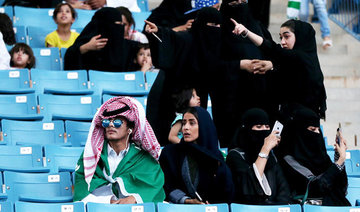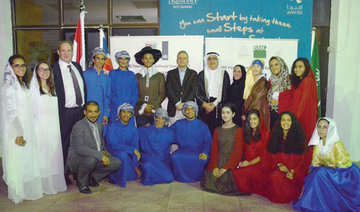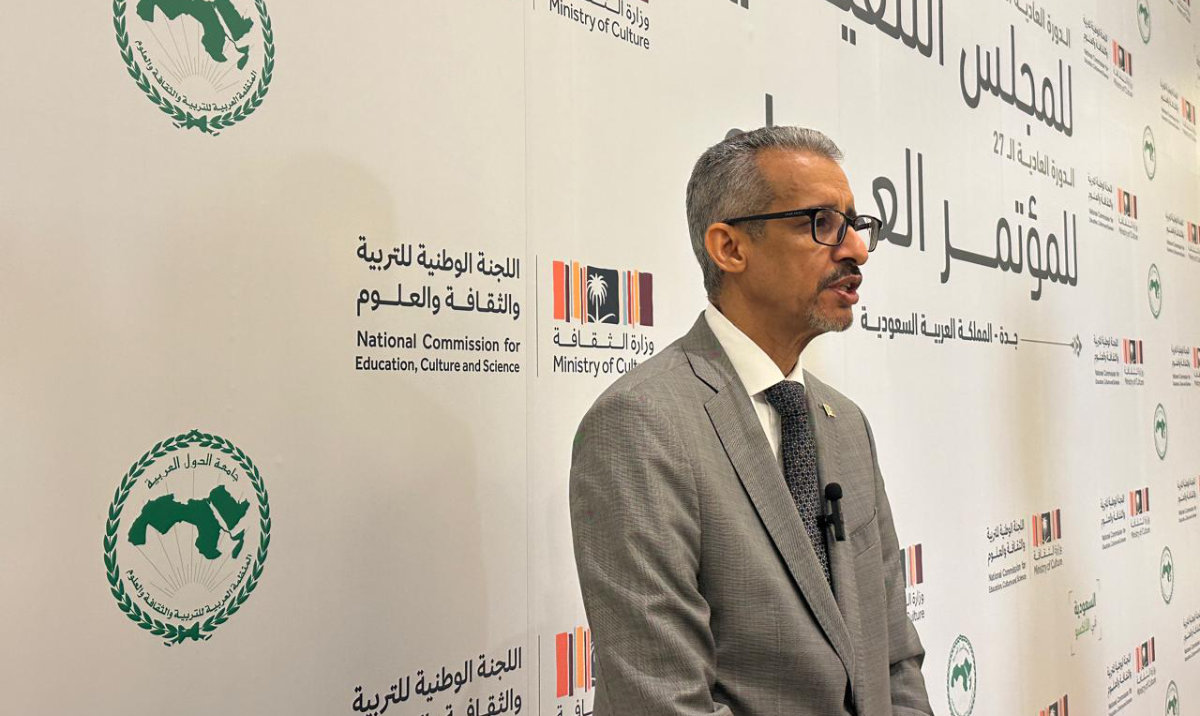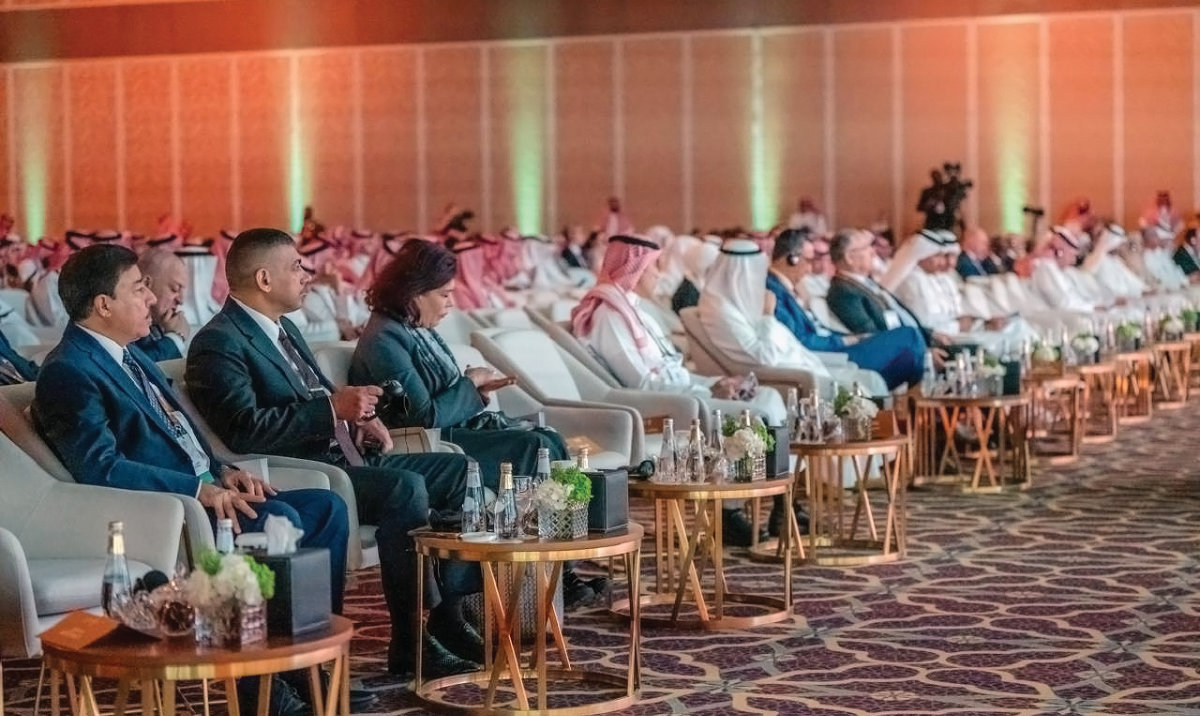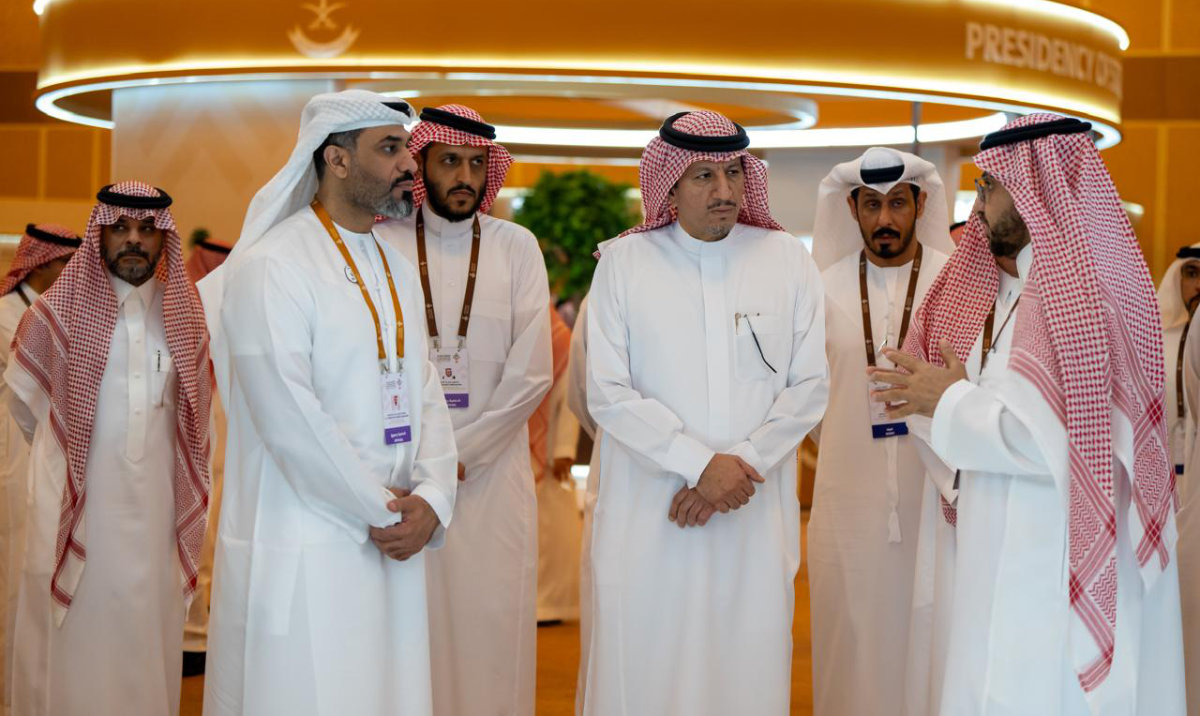RIYADH: With loud motorcycles, a good choice of music and flames, residents of Riyadh were treated to a spectacular weekend brought to them by the General Entertainment Authority (GEA) and the General Sports Authority (GSA).
Over 20,000 attendees arrived at the King Fahad International Stadium to be part of Saudi Arabia’s first-of-a-kind action sports show put on by the Nitro Circus crew.
Performing for the first time in Saudi Arabia, Riyadh was the international action sports team’s second stop after Dubai. “Dubai was the closest we have been to this area,” said Travis Pastrana, Nitro Circus ring master.
Nitro Circus performed some of the most difficult and dangerous tricks using a wide range of contraptions, such as freestyle motocross (FMX), BMX, scooter, skis, bikes, Barbie car, bathtub, lazy boy’s couch and performance pad.

(AN photo by Huda Bashatah)
The show was a big hit for both expats and locals. The family section included children who were given free tickets.
“This is the first time I have brought my family to the stadium. I’m thrilled to have such quality time together as a family. I even brought my six-month-old daughter today,” said Ahmed who attended the second day of the show. “I loved the show. My family enjoyed every minute.”
Obada Awad, executive director at Time Entertainment, said that arranging such events is a good step to engage the Western community in Saudi Arabia. “There are not many entertainment events happening here that attract Westerners and engage them, and this is part of Vision 2030 to include all people here and generate more revenue for the country.”
Prices started at SR50 ($13), and people with special needs were given free seats to enjoy the show. “The GSA announced the new prices, including the free tickets for people with special needs,” said Awad who promised the Saudi-based audience more events before the year ends.
“We have big things in 2017, so stay tuned. In one-and-a-half months, grand things will happen,” he added.
Bruce Robson, the group’s MC, is in Saudi Arabia for the third time. “I lived in Jeddah in 2005.”
He hoped the team could perform again in different parts of the country. “Hopefully we can get invited back. Hopefully we haven’t upset many people and they like us so we can come back again.”
The audience has been sensational, said Robson who was impressed by the people’s enthusiasm in the stadium. “So loud, so caring, so giving … you could feel the warmth as soon as you walked in the place. Everyone was just so excited.”
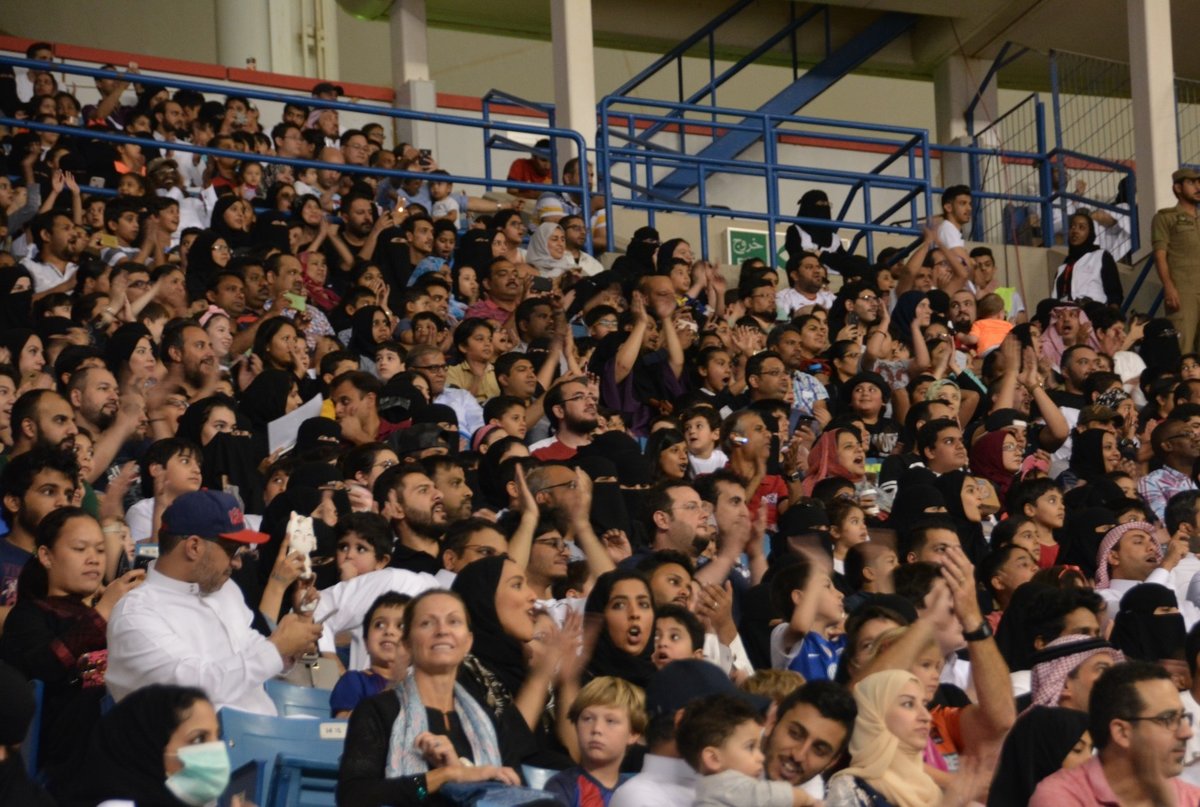
(AN photo by Huda Bashatah)
Robson, who saw women for the first time inside the stadium, said that the audience showed him the opposite of what he and his team had in mind.
“This the first time women were allowed to come to such a show (in the stadium). We had our concerns and thought we would be kind of quiet not to offend the ladies, but it has been the complete opposite,” he said, adding: “You could see ladies just screaming and cheering and all of our team have just been blown away by it. They have just been impressed by the reception and the enthusiasm.”
Big Hass, radio host and founder of the Re-Volt blog and magazine and host of Saudi’s first FM Hip-Hop show, said that hosting such events helps changing perceptions in the West.
“I do believe that the guys are doing incredible jobs. All the tricks are amazing, but for me, what the General Entertainment Authority and the Entertainment have done is also changing perceptions of how we as Saudis are viewed in the West,” he said. “These guys step into Saudi for the first time. So, they are changing their perceptions. And we have already changed a lot of perceptions.”
“What they see on media and on TV is not what it is. Saudi Arabia is a beautiful country. They said people have been very loving, everyone has been great,” said Big Hass who co-presented the show and tried to add local flavor to the show.
Commenting on the changes Saudis are witnessing in the Kingdom, Big Hass said that as a young Saudi man, he is very proud to see these changes happening for the best. “Do you know why? Because Saudi people deserve it. Expats in Saudi also deserve it. We are an amazing country with an amazing leadership.”







